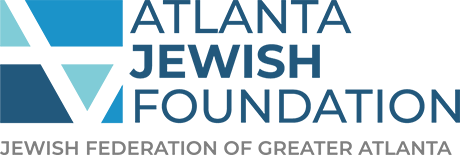A bequest is a gift received after death, usually from a will or revocable trust. It is a great way to ensure your vision, hopes, and desires live on beyond your years.
Benefits of a Bequest:
- It is relatively uncomplicated
- You retain control of your assets; no decision, in your lifetime, is permanent
- It fulfills your philanthropic commitment beyond your lifetime
- It is a tax-wise choice in estate planning, reducing your estate’s exposure to taxes
- It can create a lasting tribute to family and loved ones
Types of Bequests:
- A specific bequest denotes the gift of a specific dollar amount or a percentage of an asset, such as property, that is part of your estate.
- A residual bequest is a gift of all or part of the property remaining in your estate after debts, expenses and specific bequests have been paid. For example, if you want to bequeath money to your spouse or children, a residuary bequest can make sure the Foundation receives your chosen portion after your spouse or children have received the assets you want them to have.
- A contingent bequest is based on a certain event or the order of events. For example, if you leave assets for a family member but that family member predeceases you, then you can leave that share to the Foundation.
